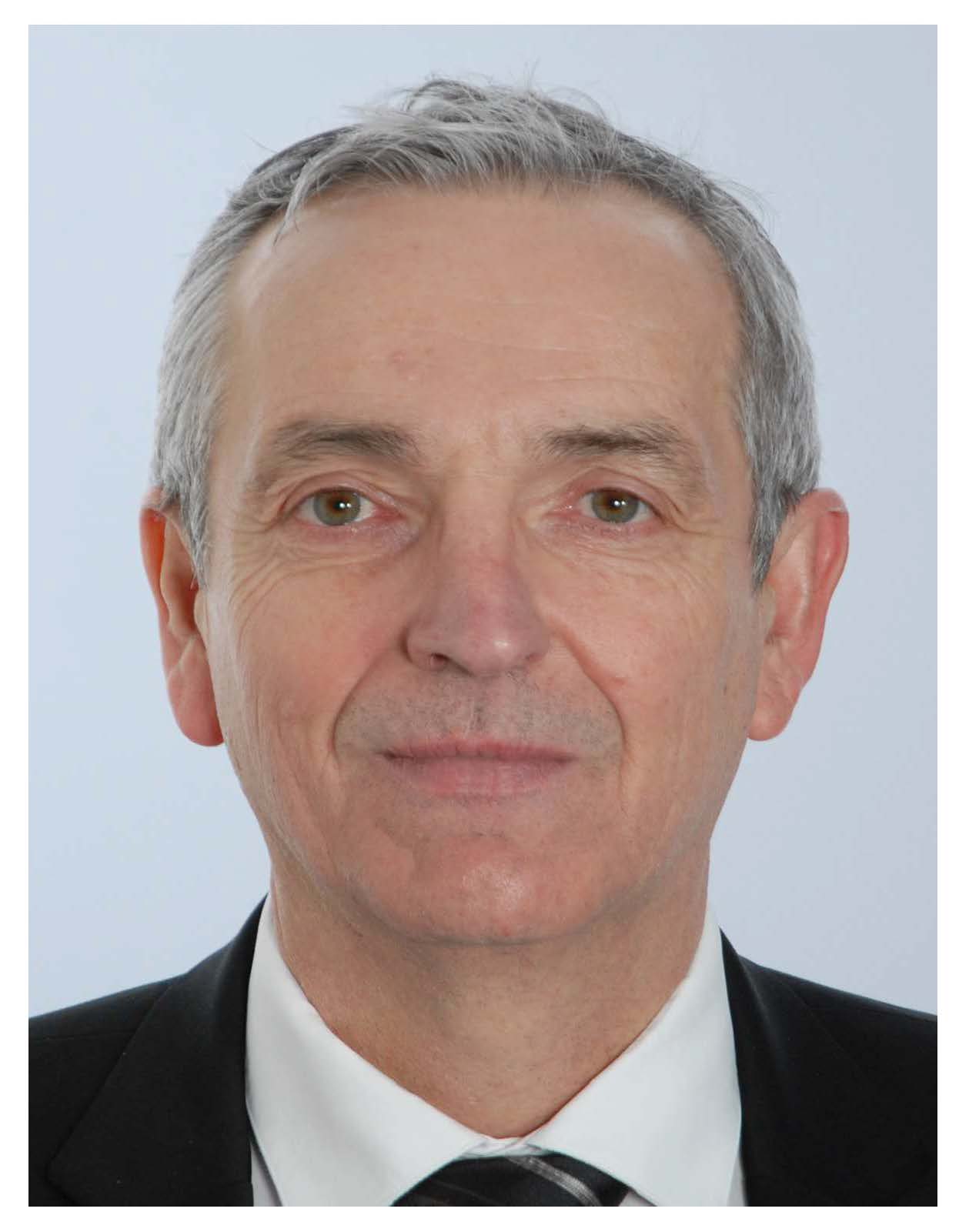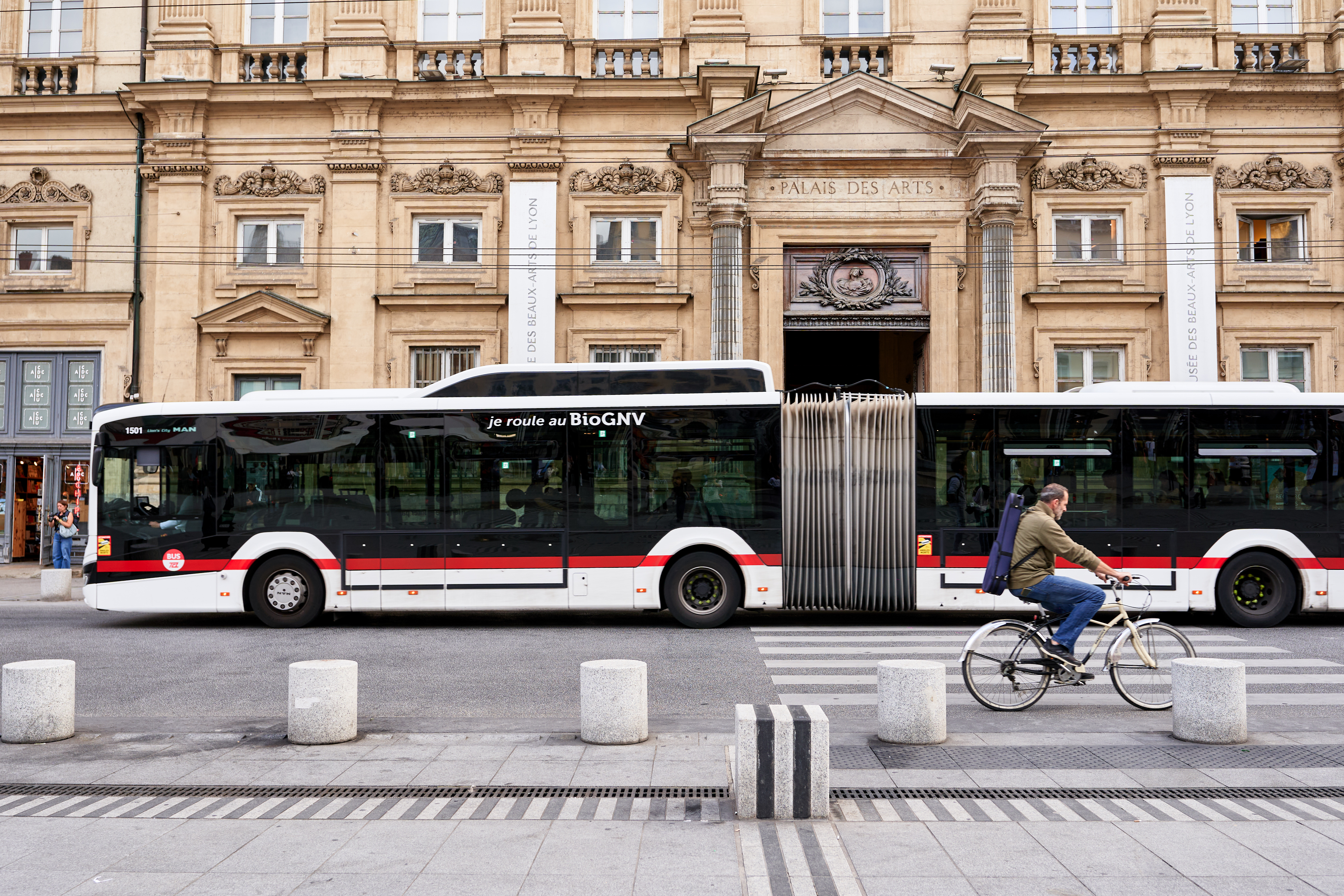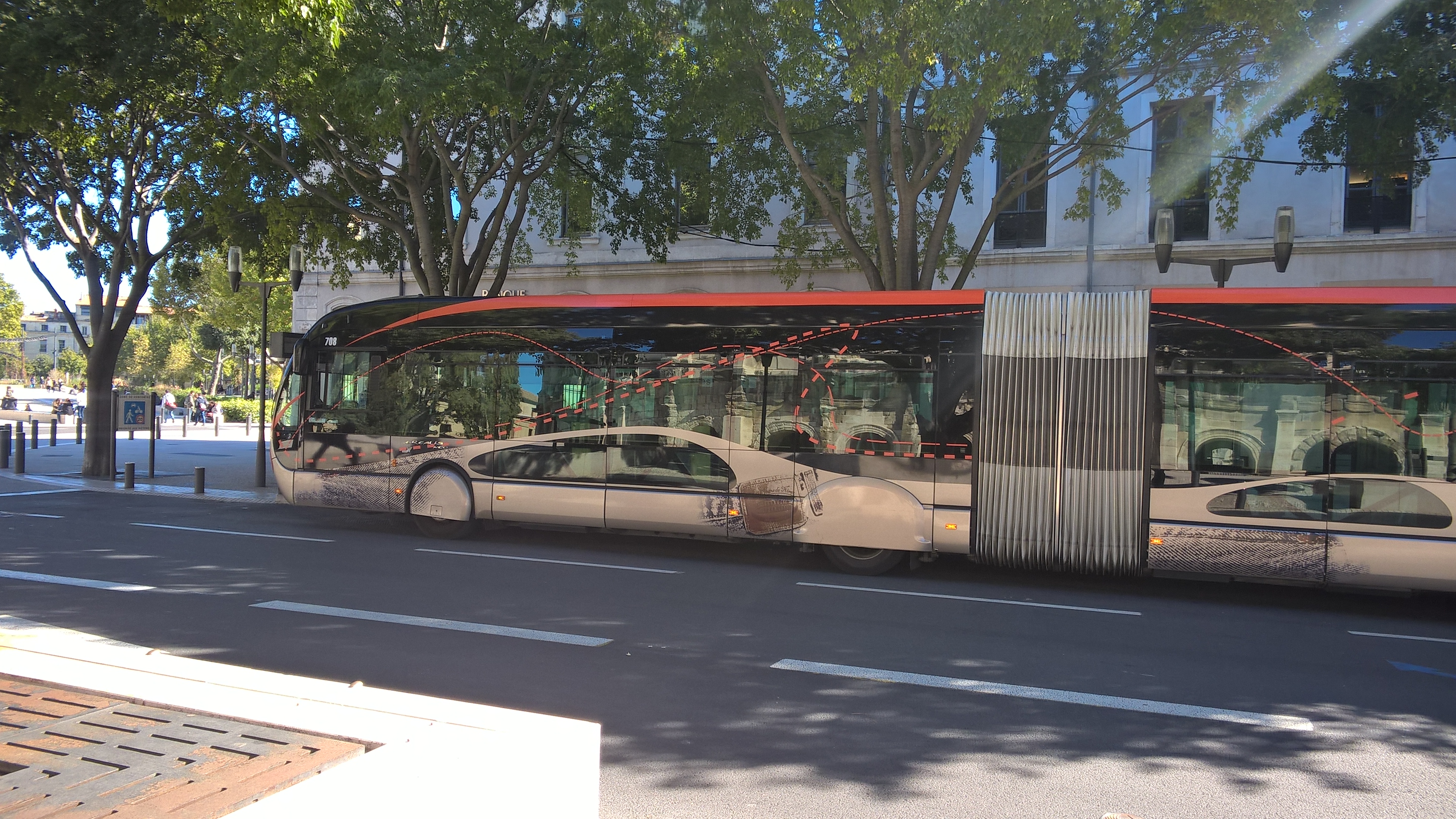The driverless metro of Doha – a smooth launch
Following an intensive 24-month preparation period, the three lines of Doha’ automated metro are now fully operational, offering residents and visitors easy access to business, commercial and tourism hubs. The red line (40 km long), for example, covers the cultural village of Katara, the bustling Souq, Doha’s popular Corniche and Hamad International Airport. The green line (22 km) connects the Qatar National Convention Centre, the Mall of Qatar, the Qatar National Library and Education City with the town's universities and modern hospitals.
The Gold line (14 km) serves the iconic national museum, the Villagio Mall and the Aspire Zone sporting complex. Although the red line’s Legtaifiya station is operational, it will only open to the public in 2020 when the tram is launched.
The metro service runs from Sunday to Thursday (from 6am to 11pm) and on Friday (from 2pm to 11pm).
The automated and driverless metro network is equipped with Communication Based Train Control (CBTC) technology – a control system based on WiFi communication between vehicles and computers regulating traffic. The metro trainsets are manufactured by Mitsubishi Heavy Industries and the signalling is provided by Thales.
Today is a big day for both the people of Qatar and visitors who will be able to move around the city using a world-class public transport network featuring the most advanced technology. We have worked closely with Qatar Rail in the run-up to this opening to guarantee swift and safe journeys for our passengers. We will continue to do so with the aim of rapidly growing ridership on this comfortable and environmentally-friendly shared mobility solution.
Thierry Couderc, Managing Director of RKH





